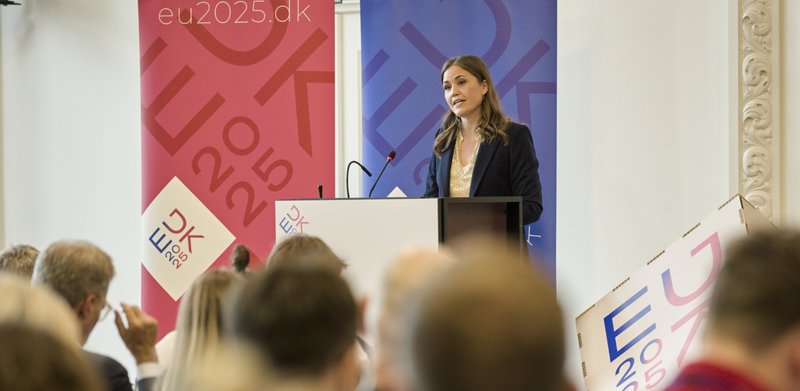News
Denmark wants to push through GMO deregulation in 2025
On 13 November 2025, the third "major" round of the so-called trilogue negotiations between the European Parliament, the Council of Ministers and the European Commission on the new NGT regulation took place in Brussels. According to insider reports on the closed-door consultations, there were still no concrete results, while the Danish Presidency spoke with calculated optimism of "good progress". The next and, according to the announcement, "final" trilogue is scheduled to take place on 3 December 2025.
According to reports, the negotiations are currently focusing on the issue of patenting NGT plants and so-called "sustainability criteria". The equally controversial question of whether the complete labelling requirement will also remain in place for new genetic engineering has apparently not yet been addressed at all in the trilogue. Yet this question is of central importance to consumers and the entire food industry.
The majority of the European Parliament wants such mandatory labelling to apply to the final product. However, it is questionable whether its trilogue negotiator, Jessica Polfjärd (EPP), really takes this demand seriously.
The European Commission and the Council of Ministers, on the other hand, want to label only seeds in the arbitrary "category 1" for NGT, which means that businesses and consumers would no longer be able to tell whether they are dealing with genetically modified products.
"As long as the issue of mandatory labelling has not been clarified in a reasonable manner and in the interests of the industry and consumers, the European Parliament in particular must not give its approval. But the Member States would also do well to act in the interests of their citizens and their industry," said Alexander Hissting, Managing Director of the Association for Food without Genetic Engineering (VLOG).
Within the German Federal Government, the traditional disagreement on the subject of NGT reportedly continues to prevail in the black-red coalition. In the past, this has usually led to abstention in Brussels. However, the government of German chancellor Friedrich Merz wants to get rid of the stigma of this unpopular "German vote" and could therefore, under pressure from the Federal Chancellery, end up providing the majority for a poor "compromise".
"Germany, with its strong ‘Ohne GenTechnik’ and organic markets, must stand up for the right of businesses and consumers to continue to decide for themselves whether they want to process, sell and eat genetically modified products or not. Minister Alois Rainer must be aware of this responsibility and must not hastily rush into agreeing to a completely immature negotiation result just because the Danes are desperate for a result," said Alexander Hissting.
In the second half of November 2025, it will be decided whether Denmark will succeed in actually completing the long lasting NGT deregulation process before Christmas during its term of office. "The food industry can and should use these two weeks to once again emphatically communicate its interests to the German government and MEPs," said Alexander Hissting.
Infodienst Gentechnik: Trilogue on new genetic engineering: Agrement by December? (German)
AbL: Are the German government and the EU opening the door to new genetic engineering? (German)

